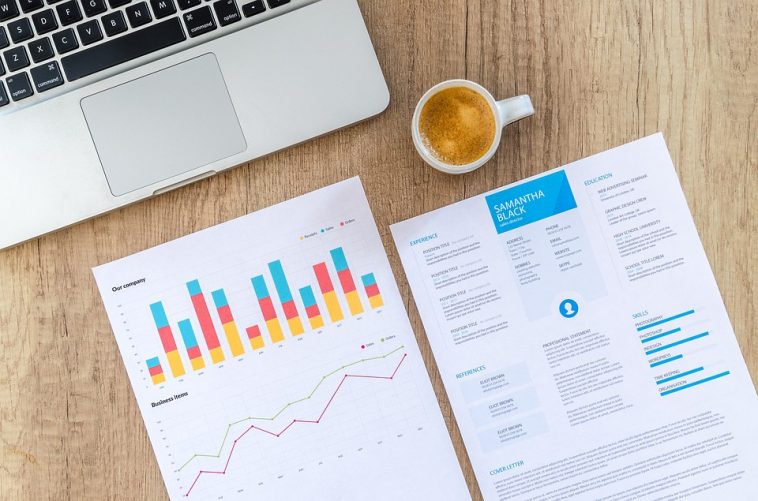The fintech world is undergoing revolutions given the innovations that are coming in. It will affect the operations of the central bank, change the nature of money. It will finally make those using finance to be more independent. This is according to Mark Carney, the Governor of Bank of England. He was announcing the aim of their bank to support and boost the fintech revolution. There is a need for financial inclusion if people have to fight and win the war against poverty. People are in a better position to start and run a business when they take part in the financial system. They are also able to educate their children and withstand the financial pressure.
The same direction is taken in Egypt. The fintech startups are engaging citizens in a formal financial system. From 2014 there are only 14% of Egyptian adults with an account. The number of those who use their accounts to make digital payments stands at 8%. This is according to the World Bank Global Findex database. The remaining 86% of the people do not possess a bank account, so they are unbanked. In September 2017 a new startup incubator called Fekretak Sherketak was launched in Egypt. World Bank Global Findex database launched this startup. The launch was with the partnership of EFG Hermes and the UNDP.
The startup aims at speeding the country’s growing entrepreneurial culture. It will be through four-month mentorship and acceleration program. Qualified startups will take home a seed fund of up to $28,300 for an equity stake of 4-8%. The startup is supported by Egypt Ventures. Egypt Ventures is an investment company worth more than $25 million. In June 2017 n agreement was signed between Egyptian Financial Supervisory Authority (EFSA) and the Central Bank of Egypt (CBE). The agreement is meant to improve cooperation between the two bodies. It also tries to support financial inclusion in Egypt.
Global initiatives are also supporting financial inclusion. In July 2017 Financial Inclusion Global Initiative was launched. Committee on Payments and Market Infrastructures (CPMI), the World Bank Group, and the International Telecommunication Union (ITU) launched it. It was meant to improve research in digital finance. It also works to increase digital financial inclusion in developing countries. The program is meant to run for three years. Mexico, China, and Egypt were picked as the piloting countries. Egypt is in a position of bringing more than 44 million people to the formal financial sector. The country has enough regulations, laws, ICT and financial infrastructure. It only lacks funding to cover related forms.
Flat6Labs and Barclays Bank launched the 1864 Accelerator. The accelerator is a four weeks program aiming to improve fintech innovation. The first cycle ended in December 2017, and it had 16 chosen startups from over 200 applicants. There was a five-day boot camp. Eight finalists received training, mentoring, office space and technical support. They received legal consultation and $17,000 in seed funding. That was in exchange for 10-15 percent equity. The American University of Cairo and Commercial Ban collaborated in July 2016. They launched AUC Venture Lab Fintech Accelerator. The program aims to develop and support fintech startups in Egypt. That is especially in areas such as digital and mobile payments. The acceleration program took 12 weeks. Throughout the program, startups received support to grow and launch their businesses.
The growing impact fintech startups are stimulating investors. Fintech space is one of the most prominent in the startup community in Egypt. Early entrants are gaining traction, and stronger, more structured ideas are coming up. Fawry was launched in 2008. It gives payment solutions through ATMs, mobile wallets, and retail points. MoneyFellows raised $600,000 from a group of investors. Dubai Angel Investors and 500 Startups played the important role here. MoneyFellows is a web and mobile-based platform founded in December 2014. It allows users to create, manage, and track money circles online with members of their social networks. The startup makes money by charging users a small fee. The fee comes when they withdraw their payout from their money circle. The startup has almost 240 active circles and 2,600 paying users.
Vapulus is a fintech startup it got $250,000 from Shan Invest and Foras Masr. Fintech investments in the Middle East are expected to reach $29 billion by 2020. The number will grow as more people of unbanked MENA populations begin to embrace banking and e-payments. There is a big opportunity in Egypt for fintech which remains a not-enough tapped sector.



